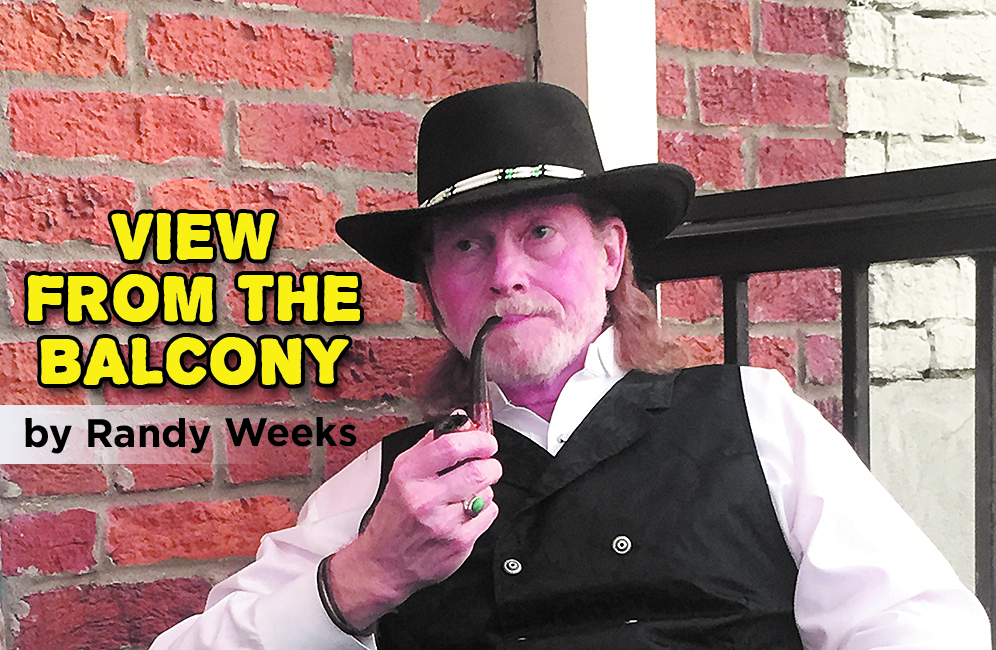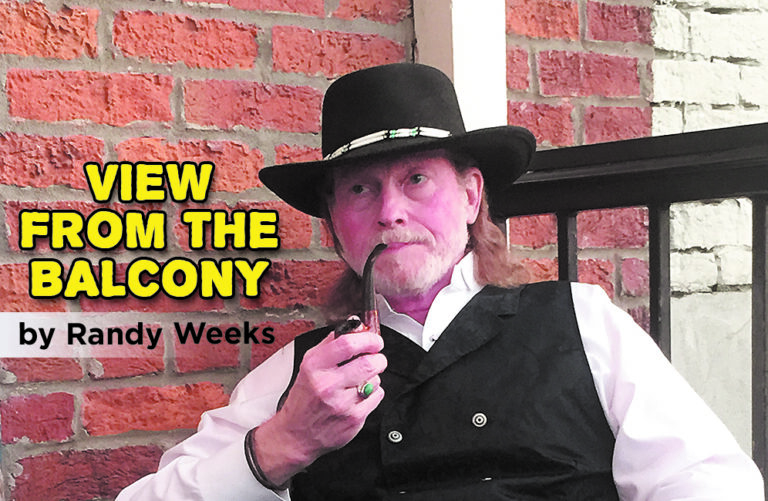
If you had been healthy and were to live to be ninety, what would you like to be able to say about
the life you lived?
That’s a question I ask from time to time of a counseling client who’s uncertain about the direction their life should take. It’s not that far from asking what inscription you want on your tombstone. Once they tell me what they’d like to be able to say about their ninety years of living, I follow up with this question: “What are you doing today to make sure you will live that life?”
If you don’t know where to go or what to do today, perhaps knowing the destination you’d like to reach can inform your present living. That’s what I call “living backwards.”

Recently I asked that question to a client. Most of my clients respond with things like, “I’d like to have been successful, had a happy family, and been respected by my friends.” Some will say they want
fame and fortune. This client, though, gave an answer I’d never heard before. He said, “If I lived until I was ninety years old, I’d like to be able to look back and say my life made a good story.”
What makes a good story? I posed this question to Oxford novelists Ace Atkins, Lee Durkee, and Lisa Howorth, and literary entrepreneur par excellence, Richard Howorth, for their thoughts on this.
“I think a good story needs to have a basis of truth in it,” Ace said. “All my books, in some shape or form, have a basis in real people and real events. The real world just provides so much insanity and weirdness not to take advantage of it.”
According to Lee, a good story contains “Verisimilitude—meaning characters whose actions are motivated by human emotions we can identify with, and not by the necessities of plot.”
Lisa said, “I’d say that if a writer is perceptive about place and can nail characters—their thoughts and dialogue—you’re gonna read a good story. I guess I sort of learned that at the feet of Barry Hannah, who claimed plot was not as important to him as people.”
And from Richard, “A good story … is one that transports the reader to an understanding of characters, events, or experiences that entertain and/or inform the reader.”
Legendary country music songwriter, Harlan Howard, was known for saying that a country song was quite simply “Three chords and the truth.”
Speaking of Howard’s songs, Kris Kristofferson said, “The gift of a great Harlan song was they were direct, simple, and from the heart.”
As a child I was always drawn to stories. Some of the most memorable ones I heard were at family reunions where my father and his twelve siblings would tell stories of growing up dirt poor in Bellefontaine, Mississippi (a suburb of Eupora in Webster County) the middle of the Great Depression. My favorites, of course, were about my father’s misadventures—stories he would have never told me himself. Later in life I found myself hooked on the one-to-one interview sportscaster Bob Costas on his On the Record television show, where he was stellar in asking the questions that uncovered the little gems of commonness and humanity in the lives of his celebrity guests.
Every day we write another chapter in our book of life. It can be amended but it cannot be edited. A good life story should be authentic, real, whether we’re saints or scoundrels. Good stories don’t have be filled with excitement and intrigue, though they often are, as long as people can connect with the story and with you as the main character.
If someone were to read the story of your life, would they be entertained? Excited? Moved? Challenged to think? Disappointed? Bored? Soothed? Could they connect with you? Would you come off sounding like a human being?
If you were to read the story of your life, would you be humbled? Proud? Embarrassed? Inspired? Regretful?
We are the ones who write our life story. While we are not in charge of everything that comes our way, every situation we find ourselves in, we are in control of how we respond. We have choices—not always good choices—but choices, nonetheless. Those choices show who we are. How do you want your life story to read? The pen is in your hand.
…and that’s the view from The Balcony.
Randy Weeks is a Licensed Professional Counselor, a Certified Shamanic Life Coach, an ordained minister, a singersongwriter, and an actor. He loves a good story and corny jokes. He may be reached at randallsweeks@gmail.com.


